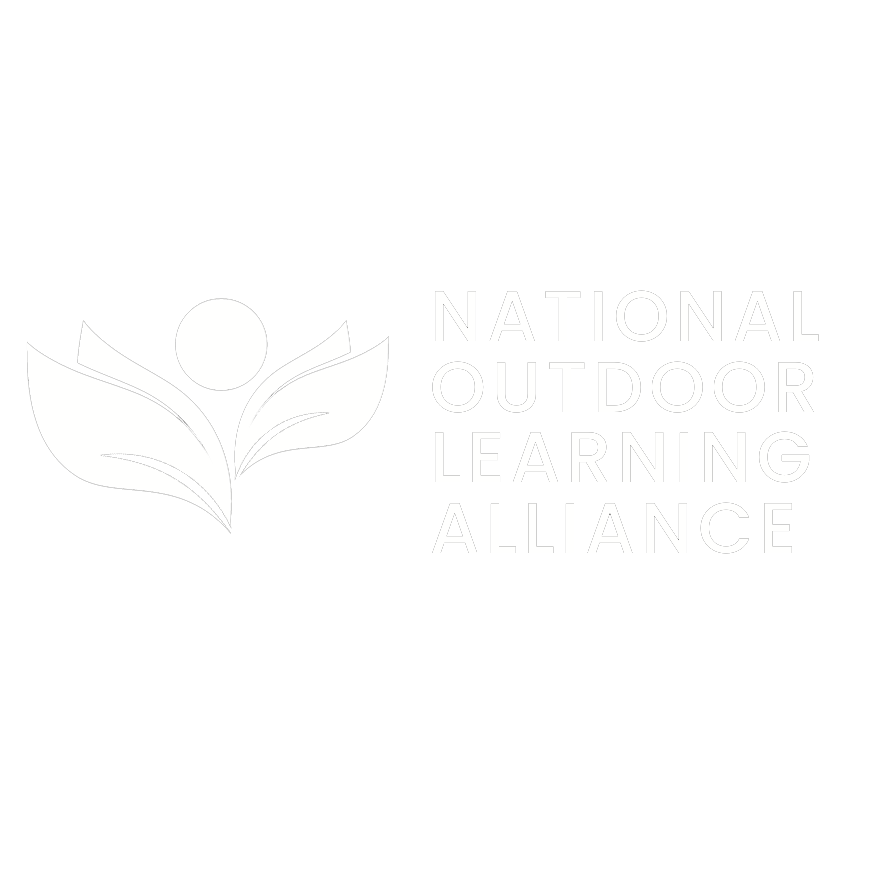Harnessing the Power of Nature to Benefit Social-Emotional Learning
Social-emotional learning, otherwise known as SEL, is gaining recognition as an important topic for youth education. Social-emotional learning, as defined by the Collaborative for Academic, Social, and Emotional, Learning, is the process through which all young people and adults acquire and apply the knowledge, skills, and attitudes to develop healthy identities, manage emotions and achieve personal and collective goals, feel and show empathy for others, establish and maintain supportive relationships, and make responsible and caring decisions.
To summarize, these foundational skills allow us to achieve academic success, find fulfilling careers, maintain healthy relationships and partake in responsible civic engagement. These are the skills that allow us to navigate and meet challenges in life to ensure we can find success, happiness and community.
Social-emotional learning focuses on these 5 skills:
Self-awareness: The ability to identify and recognize one’s own emotions and thoughts and understand how they impact behavior.
Social awareness: Having empathy and respect for others and the ability to take on different perspectives.
Responsible decision making: The ability to make ethical, constructive choices about personal behavior and social interactions.
Self-management: Being able to manage one’s emotions and impulses, manage stress, and set personal goals.
Relationship skills: Having the capacity to establish and maintain healthy, supportive relationships.
Schools across the globe are working quickly to implement social-emotional learning curriculums into their classrooms, particularly following the negative health effects of the Covid-19 pandemic for youth worldwide. Classroom learning of SEL skills and attitudes often consists of teacher-led lessons, role playing, and guided problem solving when issues arise.
Developing these skills is paramount for a student to not only succeed in school, but also in their life ahead. How can we harness the power of nature to further benefit social-emotional learning for the children in our care? The Children in Nature Network, a resource for outdoor educators working to increase nature connection in youth, has made 6 recommendations for practice. These recommendations are based upon global studies of youth from early elementary to high school where connection to nature and SEL were positively correlated.
Focus nature-related initiatives on nature engagement and nature connection, not just on nature exposure. Benefits in overall SEL skills, self-awareness, self-management and relationship skills in children ages 8-10 were observed.
Provide opportunities for self-guided exploration during nature-based experiences. Improved social awareness, relationship skills and self-awareness were observed in third-graders.
Engage children in gardening activities. Improved social awareness and relationship skills were observed in sixth-grade students.
Provide direct experience with animals and other natural elements. Improved social-awareness, self-management and relationship skills were observed in students aged 5-9.
Conduct academic classes outdoors. Primary aged students engaged in outdoor learning experienced positive outcomes in their self-awareness, emotional intelligence and communication.
Integrate the creative arts and nature-based activities. Partaking in creative arts while outdoors has been shown to positively impact self-awareness, social awareness, self-management and relationship skills for youth of all ages!
Of particular importance is that these 6 recommendations don’t require the time to research and train employees, or the expense to purchase a curriculum. They simply require you to get your students outside!
Join the National Outdoor Learning Alliance in shaping the future of education through the power of outdoor teaching.


